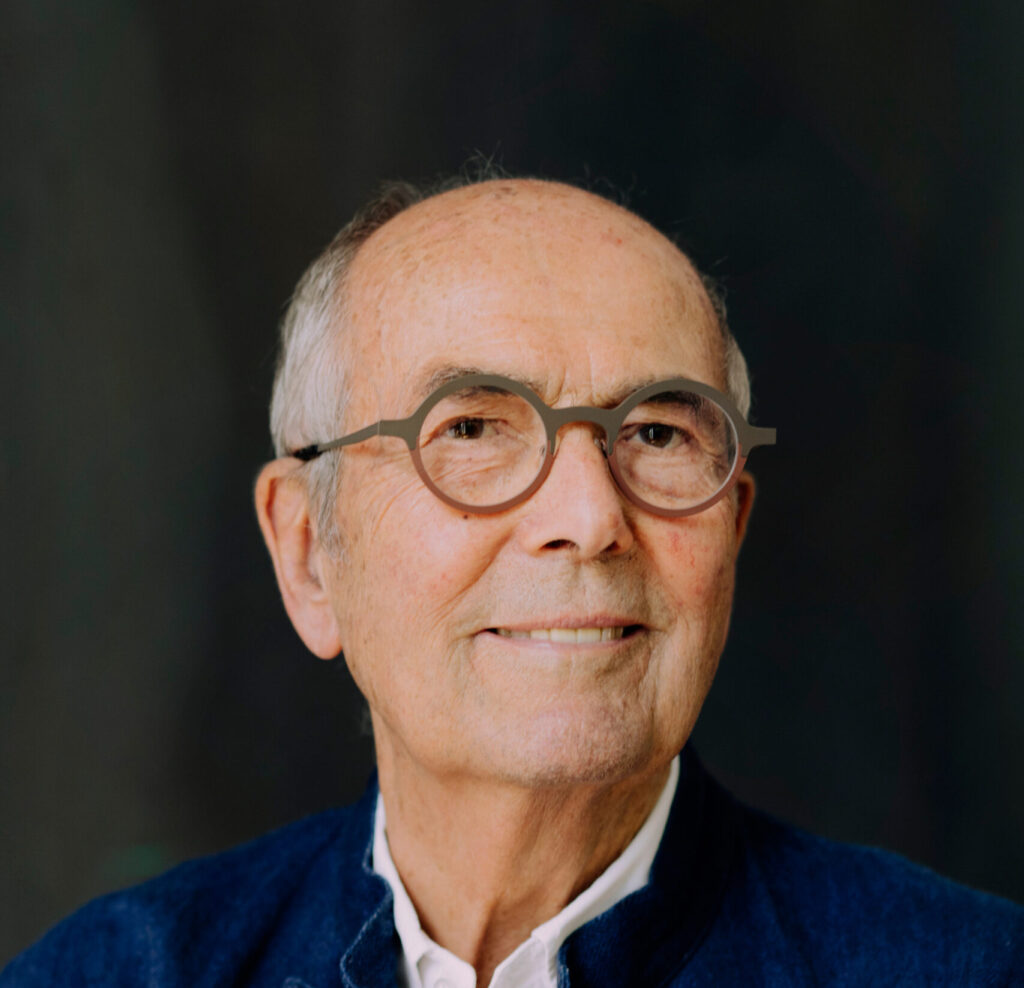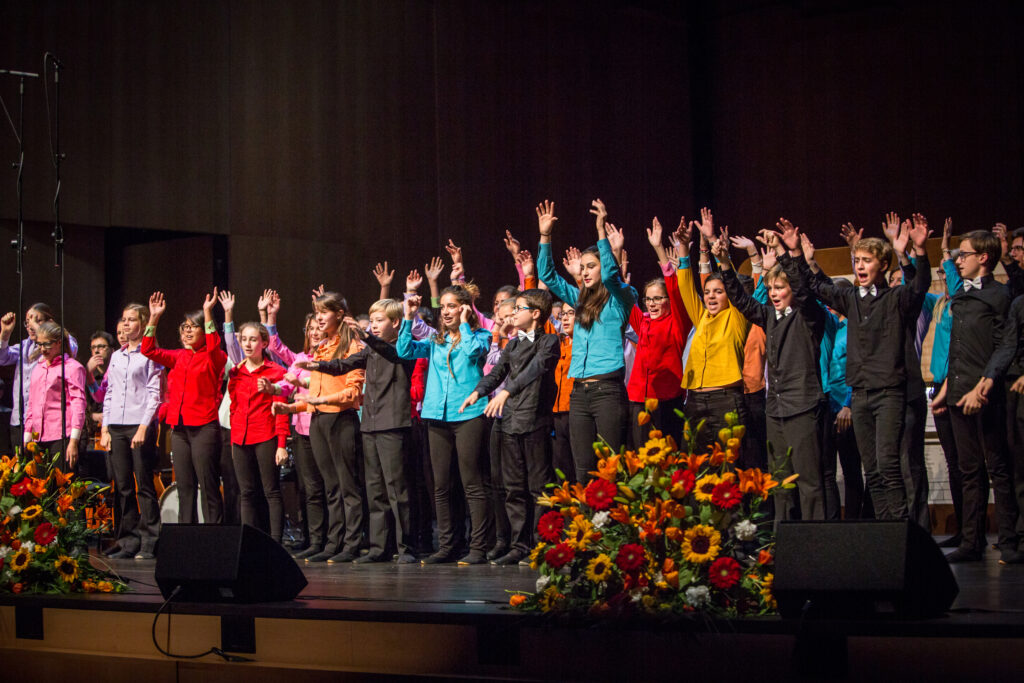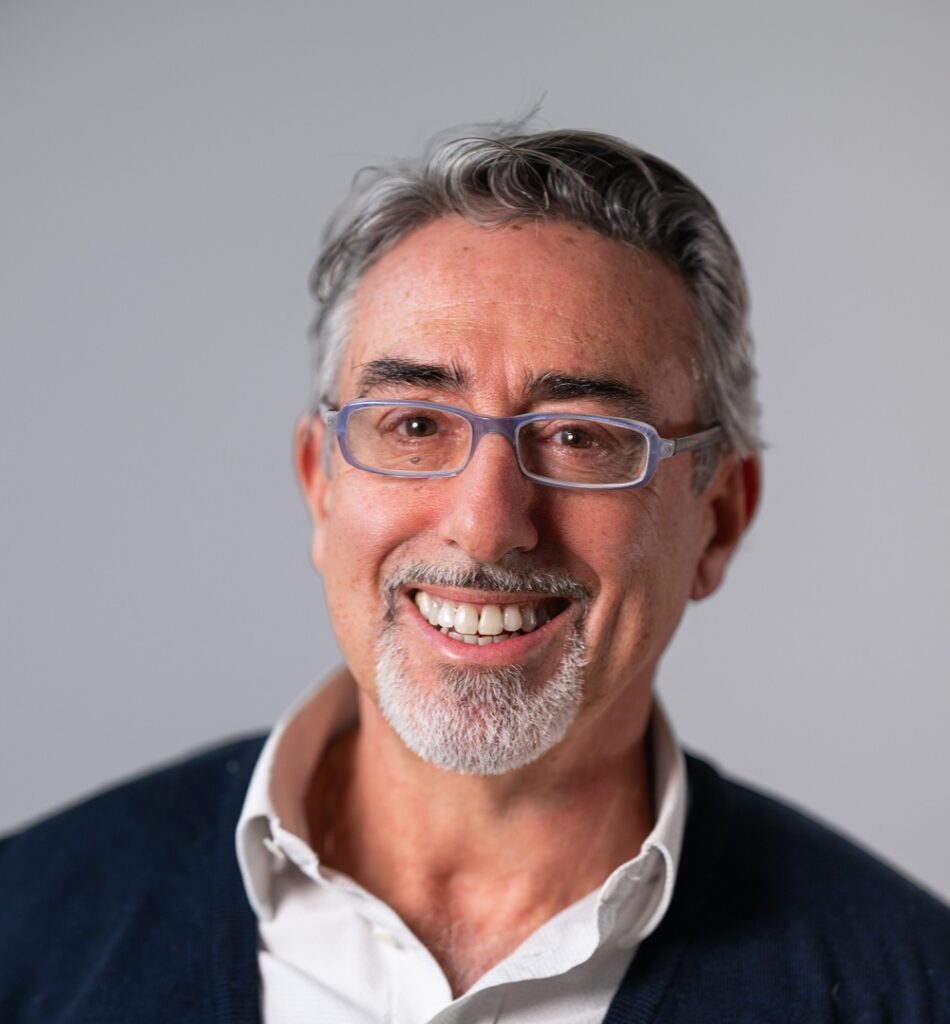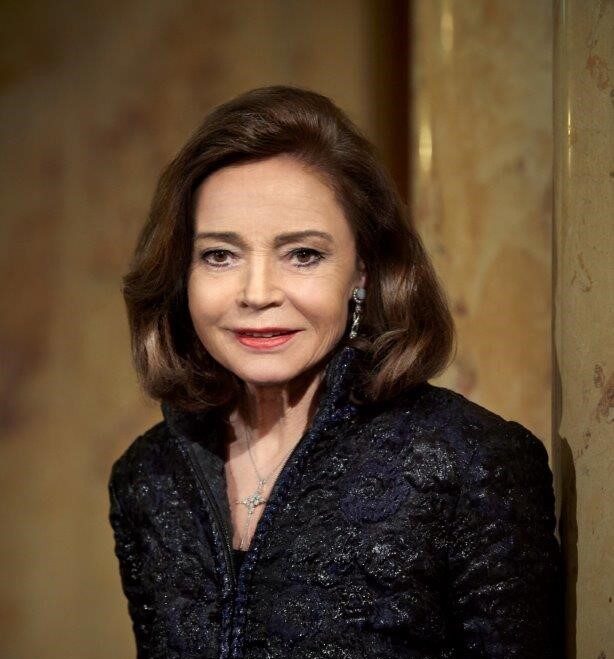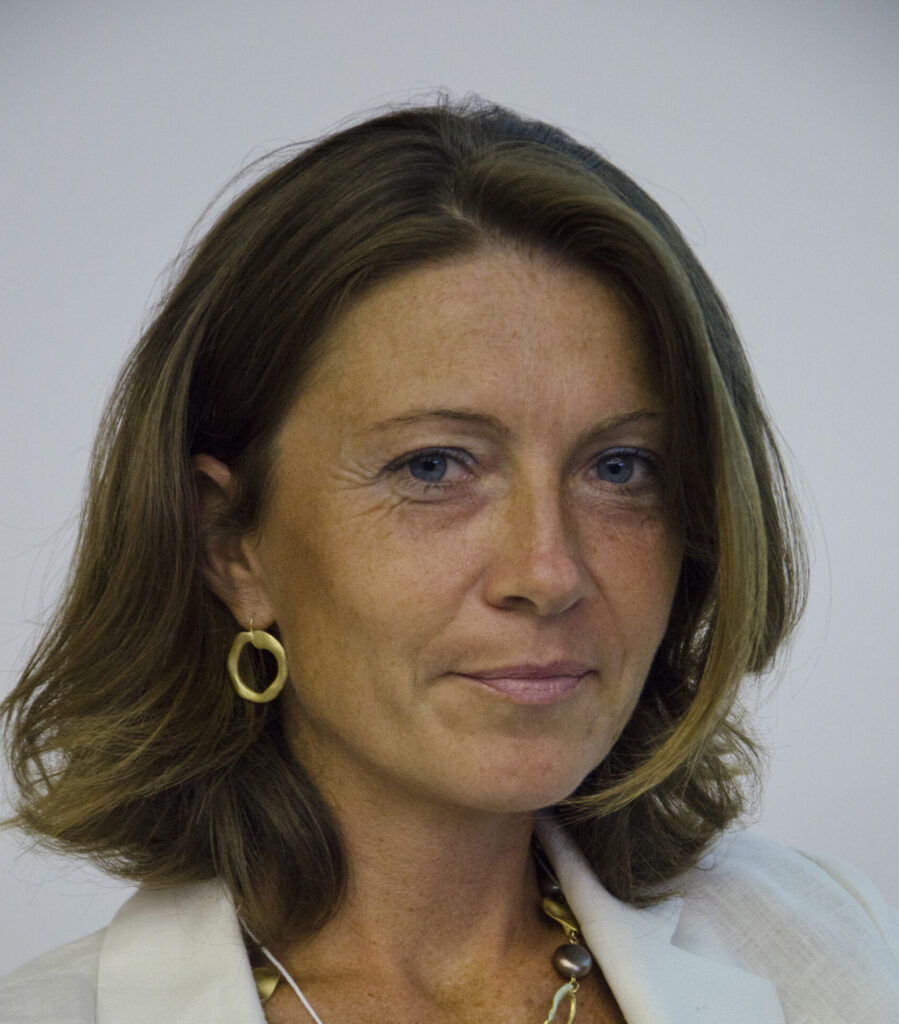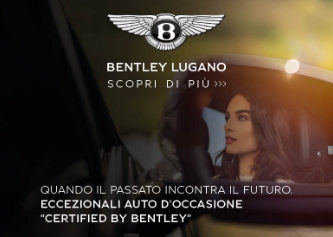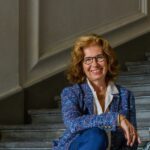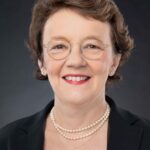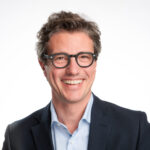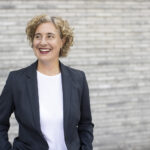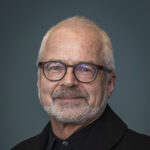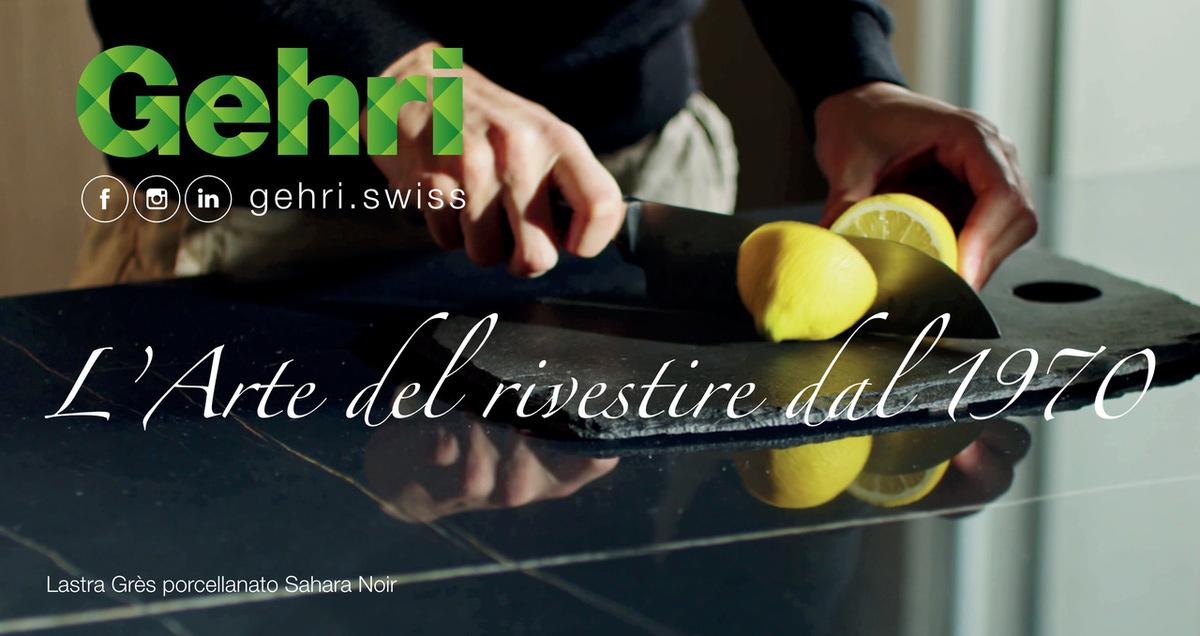John Mc Caffrey, you are a very successful fundraiser. Would you like to tell us which milestones of your professional and personal life have had the most influence on your choice to work with philanthropists?
«What a difficult question! When I look back at how I became involved, firstly with fundraising and latterly with philanthropy, it is sometimes hard to see an obvious ‘thread’. For example, these days young people study fundraising and philanthropy as an academic science and choose it as a career. I really just fell into it in the early 1990s by accident. I had been working at Guinness in Ireland running the sponsorship programme, and as a result the University of Ulster asked me to establish their first ‘development’ office. In a way that was a transformative moment, as Chuck Feeney who was one of the founding partners of Duty Free Shopping) sent me and four other Irish fundraisers to the Indiana University School of Philanthropy in the US to learn the art of fundraising. It certainly gave me confidence. In my next role, as head of Cambridge University’s US Office in New York, I encountered some of the great figures who would leave their mark on me personally and professionally: Bill Gates Senior and Junior, Gordon Moore, the Intel founder, Stephen Hawking whom I introduced to the Clintons, and many others too numerous to mention! Later I would learn a lot from the then Prince of Wales, who is a great fundraiser for the many causes close to his heart».
When did you first come into contact with the Vatican? What made you decide to get involved in the field of religious fundraising?
«I had the unique opportunity to stay in the Vatican during the summer of 1986 when I was 18 years old. A friend of my father, Mons. John Magee, had been a papal secretary and then became the Papal Master of Ceremonies. My friend Paul and I stayed with him during our summer vacation, InterRailing on Europe’s trains. We were only supposed to stay in Rome a few days before setting off for Greece, but we became captivated by the city and by the Vatican. We made friends with Swiss Guards who took us out ‘on the town’ and also windsurfing at Lake Bracciano. Hence a special affection for the Pontifical Swiss Guard began which remains to this day. We also had the great privilege of encountering Saint Pope John Paul II a number of times, attending his Mass in Castelgandolfo. Those memories will stay with me forever.
Regarding fundraising, I had always been drawn to the idea of Church and Faith. Even when I had been undertaking professional roles in universities, at Ulster and at Cambridge, and in museums such as the Victoria and Albert in London, I had always been involved in pro bono work for the Vatican Museums. Later, when I established my own consultancy, I had the time and the freedom to devote more energy to fundraising for causes that one might call ‘faith-inspired’, such as the fight against human trafficking and modern slavery. My Catholic faith has certainly been the biggest influence in my fundraising career, helping the Church with its objectives, particularly strengthening the capacity of the institution and funding causes which promote social justice. I am definitely attracted to causes which help the underdog. Perhaps that is my Irish background. I am also the official fundraiser for the Shrine of Lourdes, which is a great privilege. We are currently raising E45M to renovate the Shrine and build a new Visitors’ Centre to tell the story of the world’s major centre of healing. It is an amazing place which is very close to my heart».
When was the Galileo Foundation established? What are its objectives and where is it based ?
«I established the Galileo Foundation in late 2016 in response to Pope Francis’ call to action to devote resouces to the fight against slavery. I had been assisting my friend Bishop Sanchez Sorondo in the amazing work he had been doing in the Pontifical Academy of Sciences at the request of Pope Francis, a number of conferences and initiatives focused on human trafficking which the Holy Father has rightly called ‘a moral scourge’. We had been successful on the fundraising front, and so the creation ofundation under UK and US law was the natural next step in response to the donors and benefactors who wanted a more tangible and sustainable means of support. Our initial objectives were support of the Academy and its work, but that has broadened over time to include support for the Holy See and its objectives, allowing us to support not only the sisters of Talitha Kum in their anti-trafficking work, but also the Vatican Museums, the Pontifical Swiss Guard, the safeguarding work of Fr Hans Zollner and the Institute for Child Dignity at the Gregorianum University, as well as various apostolic nunciatures around the world where a papal visit was planned. The foundation did this in Ireland, Japan and Lebanon. (As a fundraiser I had helped to raise the funds for Pope Benedict’s visit to the United Kingdom in 2010, and the renovation of the Apostolic Nunciature was a part of that)».
Who are the members of the Board of Trustees and how many staff do you have?
«We are a small team based in Ireland, London and Rome, and we prefer that to the costs associated with a large team and office overheads. We try to keep those to a minimum, hiring in the expertise (such as research) when we need it. As some of our activities involve events, we have some events personnel who join us as and when we need them.
Our trustees are in the UK and the US. Again, a small group who are committed to our mission and represent our commitment to Interfaith work. We have trustees of different faiths, and I think that is important in today’s philanthropic environment, not to mention it reflects the desire of the Holy Father Pope Francis to embrace and include human fraternity».
How does the foundation get funded?
«Almost exclusively through project-based fundraising. We are still a young fouondation therefore we don’t have an endowment yet – hopefully in the future through generous benefactions – so I spent at least half my time travelling and raising money to fund our projects and objectives. That will hopefully change in the future, although I love the opportunity I have to spend time with our donors. They are really passionate about the work, and keep me inspired and energised!».
Which are the most important projects and activities of the Galileo Foundation?
«I’ve mentioned many of these already, but most recently, our important project has been the promotion of understanding of different faiths by convening the first ‘Faith and Philanthropy Summit’ at the Vatican last October. Over 150 philanthopists from Christian, Jewish, Muslim, Jain and Buddhist backgrounds came together to explore how they might work together across faith lines to tackle some of the major challenges facing our global society right now. It was a unique and inspiring few days, with both Cardinal Pietro Parolin and Jeff Bezos giving the keynote speeches. It was estimated that there was over $120 billion in the room ! The next one will hopefully take place this October at Blenheim Palace in England».
What were the objectives of the symposium and will there be a follow-up?
«It was the very first gathering of its kind, with philanthropists from all over the world and from six or more faith backgrounds, as I mentioned. Many of them told me that merely the chance to be together in such an awe-inspiring session was enough for the first Summit. But it was much more; an exchange of ideas in a beautiful environment of mutual respect and admiration about the work each other was doing. There was a consensus that so much more could be achieved by working together across silos and the conventional faith lines. That is a huge leap not to be underestimated. It will take small steps initially but the potential is huge».
There is a lot of expectation about the Vatican’s role in world philanthropy: Can you imagine that Pope Francesco will launch a „manifesto for philanthropy and faith“ or guidelines for philanthropists?
«In some ways he just did that, addressing a group of Italian philanthropists with his thoughts on the matter. It’s fair to say that there is still some suspicion, or perhaps caution is a better word, about philanthropy in the Vatican, the idea that donors might want to direct or even control the funding they give. It will take some time for the Church to understand the positive power of philanthropy, and that it is something to be encouraged. When Cardinal Parolin addressed the Summit, he made important points about philanthropists working within an ethical framework, placing the dignity of the most vulnerable person at the centre of their mission. His remarks were thoughtful and well received. He understands philanthropy. Most donors give with a genuine desire to leave the world a better place than they found it. Isn’t it better they try than not try? I think so».
What is your personal vision of philanthropy for faith in the coming years?
«First and foremost that we try to build a strong community of donors from all the faiths who are passionate about working together to eliminate hunger, poverty, disease, discrimination and the scourge of human slavery. To see a fair and just use of the immense wealth the Father has given to the world’s richest for the benefit of all humanity. I hope that Galileo can continue to grow and be a part of that advocacy for change. That’s my prayer. Thank you».
Who is John Mc Caffrey
John McCaffrey (born Apr 1968) is a fundraising professional, based in the United Kingdom. From July 2012 until December 2013 he was the Labour Party‘s Director of Fundraising. In January 2014 he was appointed as Global Development Director of the Sydney-based George Institute for Global Health. In February 2015 he was appointed as fundraiser to the Pontifical Academy of Sciences in the Vatican. In July 2016 he established the Galileo Foundation which supports the work of the Pontifical Academies of Sciences and Social Sciences and Pope Francis’ leadership in the areas of modern slavery and human trafficking, climate change and poverty, as well as the strengthening of relations between the Catholic Church and the Anglican Communion.


